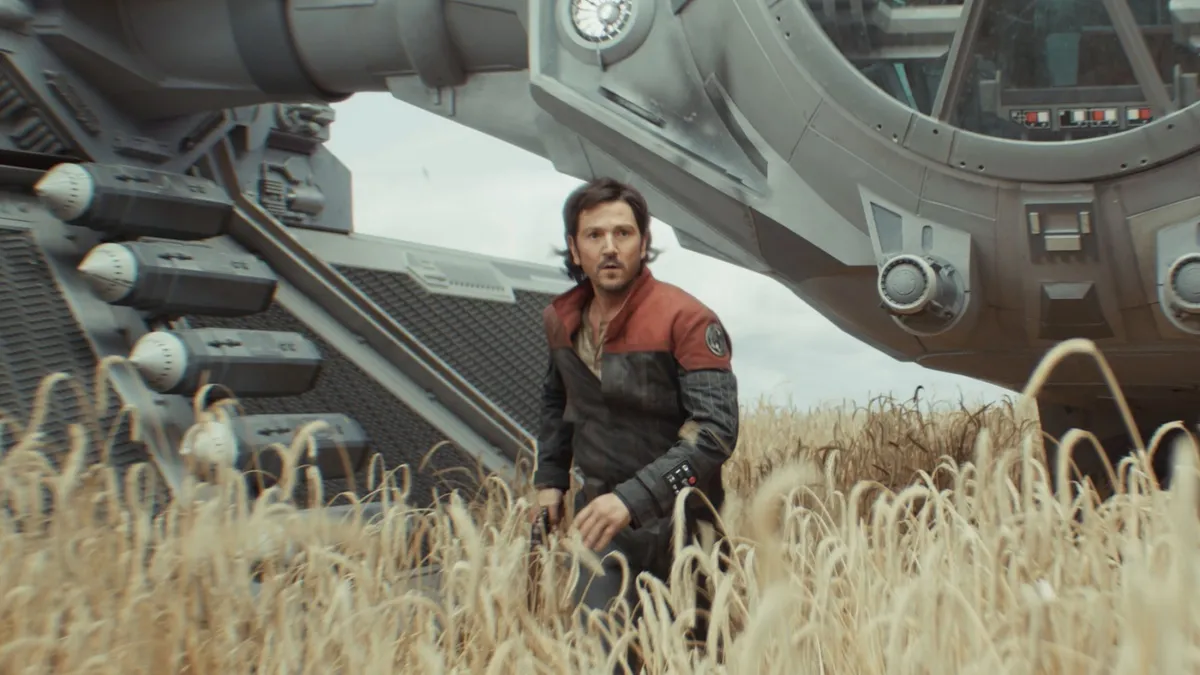
As the highly anticipated second season of Andor unfolds, viewers are treated to one of the most compelling television experiences of the year. With its narrative intricately tied to the timeline leading up to Rogue One, each set of three episodes propels the story forward by a year, escalating both the stakes and the scale of the plot. Showrunner Tony Gilroy recently shared insights into the creative process behind the season and revealed intriguing details about two significant characters who will not be appearing in the series.
In discussing the storytelling approach for this season, Gilroy highlighted the advantages gained from the first season. "We knew how to do it," he explained, emphasizing the importance of adhering to canonical events, such as Mon Mothma's significant Senate speech. With the complexities surrounding the Ghorman massacre finally clarified, the creative team decided to structure the season into blocks, each representing a year in the timeline. This innovative format allowed for concentrated storytelling, with each block encompassing intense and pivotal moments in the characters' journeys.
While many elements of Andor seem to resonate with contemporary issues, Gilroy clarified that the series was initially conceived four to five years ago, long before the current events unfolded. "History has its own relevancy," he noted, pointing to the repetitive nature of revolutions and rebellions throughout time. The narrative's focus on ordinary individuals facing extraordinary circumstances illustrates how historical patterns can echo in today's world, making the show feel both timely and timeless.
The character of Luthen is particularly noteworthy for his ruthless dedication to the rebellion. Gilroy described him as a complex figure whose actions reflect a broader political theory: "Make things really bad and up the pressure." However, Luthen's commitment comes at a cost, affecting his relationships with those around him. This complexity adds depth to the narrative, making it clear that revolutions often involve morally ambiguous figures who may not survive to see their goals achieved.
Similarly, the exploration of Mon Mothma's husband, Perrin, offers a fresh perspective on the characters' dynamics this season. Gilroy expressed a desire to portray a more nuanced representation of Perrin, emphasizing the importance of hedonism and pleasure amidst the chaos of the rebellion. This adds layers to the character and invites viewers to consider the varied motivations that drive individuals in turbulent times.
Another compelling aspect of Andor is the relationship between Syril and Dedra, two Imperial officers whose contrasting approaches to the Empire create an engaging narrative. Gilroy described Syril as a romantic, while Dedra embodies a more zealous and driven personality. Their relationship adds a unique twist, allowing viewers to explore the complexities of loyalty and ambition within the Empire.
The first three episodes of the season, set on Yavin, showcase Cassian Andor's interactions with a group of inexperienced rebels. Gilroy emphasized the importance of portraying the rebellion's amateur aspects, injecting humor and realism into the story. This approach not only humanizes the characters but also highlights the chaotic nature of revolutionary movements.
Interestingly, Gilroy confirmed that iconic characters such as Darth Vader will not appear in Andor. He expressed the challenges of writing for such well-known figures, suggesting that their presence could overshadow the more intimate and complex narratives being explored. Instead, the focus remains on the lesser-known aspects of the Star Wars universe, allowing for a fresh perspective on the overarching storyline.
Looking ahead, Gilroy hinted at the potential for new stories within the Star Wars universe. He shared his vision for exploring unique genres, such as courtroom dramas, and emphasized the vast creative possibilities that remain untapped. As the franchise continues to evolve, there is ample opportunity for innovative storytelling that resonates with audiences while staying true to the essence of Star Wars.
As Andor progresses, viewers can expect a rich and layered narrative that not only entertains but also prompts reflection on the nature of rebellion, sacrifice, and the human experience in the face of adversity.